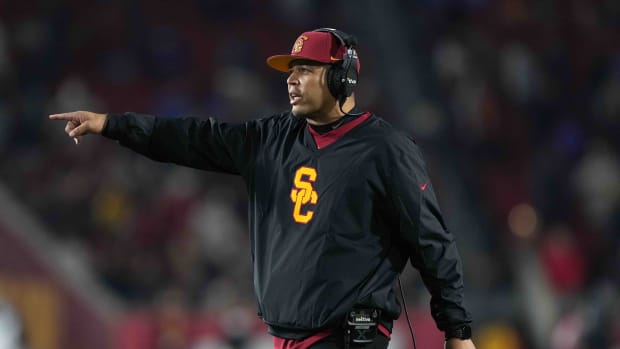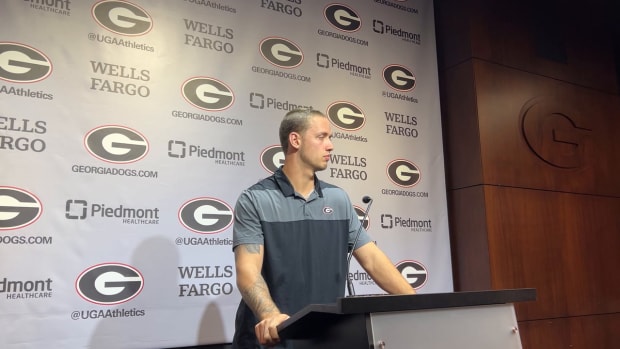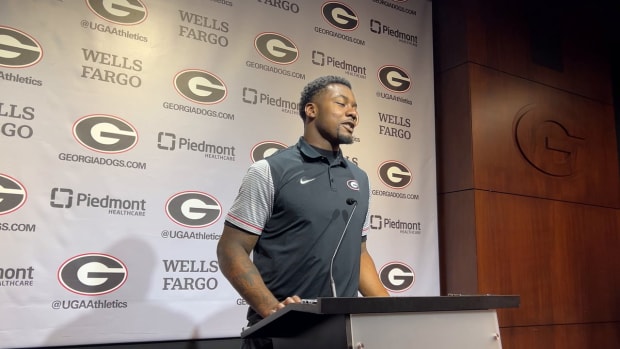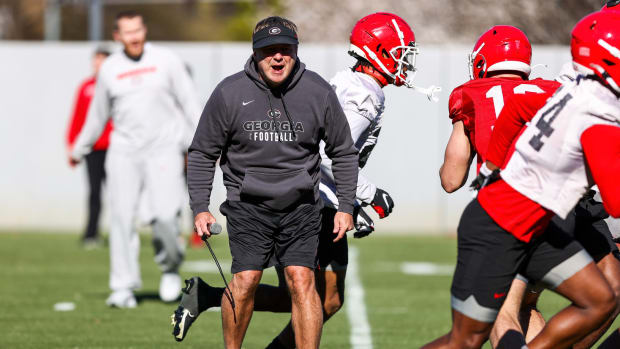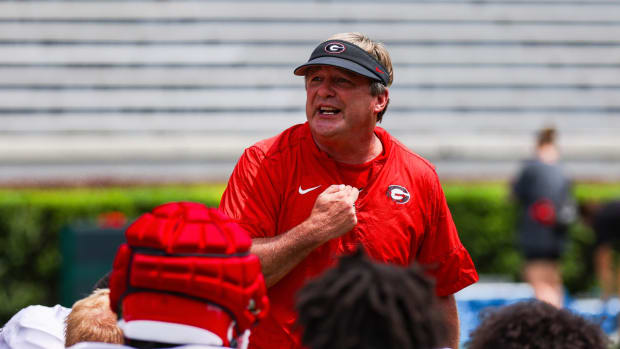Now is the Time to Think About NCAA Name, Image, and Likeness
The discussion of whether or not collegiate athletes should be compensated for their image and likeness has been a heated debate for decades.
The NCAA voted unanimously to explore and propose legislation that would allow athletes to capitalize on their name, image, and likeness, and whenever new rules and regulations are implemented programs and coaches begin to look for competitive advantages.
Before we get any further, understand that the exact definition and wording of these rules have not been addressed. The final legislative proposals will be received by the NCAA in November of 2020.
However, we do know that it revolves around a few avenues of potential income.
Brand/Image/Name
This is the simplest form of potential income for student-athletes, essentially providing them the right to capitalize on their own name or image. So, yes, this does mean the potential return of NCAA Football on all video game consoles, but it also means the next Todd Gurley that takes a couple of hundred bucks for signing autographs won't have to sit out football games as a punishment.
With the evolution of Social Media's involvement in college recruiting, oftentimes recruits enter college with a substantial internet following. For example, a guy like Kelee Ringo has almost 16,000 followers on Twitter and nearing 40,000 on Instagram. Any normal person with that reach would be wise to financially capitalize on their ability to engage and influence their audience in the same way these recruits do. Now, presumably, they can.
Trademarks/Domain Names
You shouldn't find it a coincidence that shortly after declaring for the NFL Draft, D'Andre Swift released a website, trademark, and logo for his brand, "7era".
The same logo and branding of "7era" can be found on D'Andre Swift's social media accounts dating all the way back to October of 2016... before he even enrolled at Georgia. This new ruling will now allow Swift to legally accelerate that brand awareness from the moment he's marketable.
How Will Schools Like Georgia Use This?
That is the million-dollar question, isn't it? With the final legislation proposal date set for November of this year, with planned implementation by January of 2021, it'll be here before you know it.
And though the full rules and regulations haven't been fully laid out yet. Top recruiting programs, like Georgia, are going to have to identify how they are going to use their platform and brand as a university to attract top talents.
One thing we know the Georgia program is going to have in their favor is the proximity to Atlanta, and though there is a Power-5 program right downtown, UGA doesn't require freshmen to take and pass calculus.
As for notoriety, since Kirby Smart's arrival in 2016, the University of Georgia has inched its way into the conversation as a national brand. In the 2020 class alone there are top-ranked recruits from California, Texas, Nevada, Arizona, and DC.
What We Know
We know that the time to compensate collegiate athletes has arrived, but at what cost and with what regulation? The NCAA exists to attempt to keep the playing field level, so we know they will attempt to regulate this as much as possible.
Will they put a "cap" on the player's income? How will the NCAA deal with schools like USC being able to open the "brand and image" doors to Hollywood? What will they do about players seeking representation for these presumptive deals? Will financial advisors, marketing agents, and player agents be involved?
All questions that make this situation a much more complex one than "Pay for Play" originally seemed. All questions that lead me to one that I have myself...
Wouldn't it just be easier to stop pretending like "amateur sports" aren't of professional interest and income?
The best musicians in the world get to make money as soon as someone will purchase their music. The best artists in the world make money off their work no matter their age. The best entrepreneurs aren't subjected to a constricted market.
Every time I read or hear about the idea of college athletes being paid I get comments from readers like "It's going to be the death of college sports" or "I like college sports because they play for the love of the game, not the money."
To which I say this. There are FBI testimonies — federal court documents — that implicate Creighton basketball offered $100,000 for the 20th ranked player in the country in 2017.
Creighton. A school with no history of competitive dominance or mindblowing financial commitment in any sport.
The paying of athletes behind close doors has been going on for decades, heck maybe longer. What makes you think if it's brought out into the light and regulated that all of a sudden you'll stop cheering for the Dawgs when they need a big 3rd down stop against Auburn at home this fall?
As for the person that argues that this will open up an "arms race" between the nation's most financially privileged institutions, isn't it that already? Didn't Georgia just break ground on an $80 million facility? Didn't Kentucky spend $126 Million on renovating their football stadium? Doesn't Tennessee have plans to spend at least $180 million on Neyland Stadium?
There is an abundance of revenue created by the sacrifices of the players involved in these programs, it's nice to see that the NCAA is at least attempting to make sure some of that wealth finds its way into their hands.
You can follow us for future coverage by clicking "Follow" on the top righthand corner of the page. Also, be sure to like us on Facebook @BulldogMaven & follow us on Twitter at @BulldogsSI.


